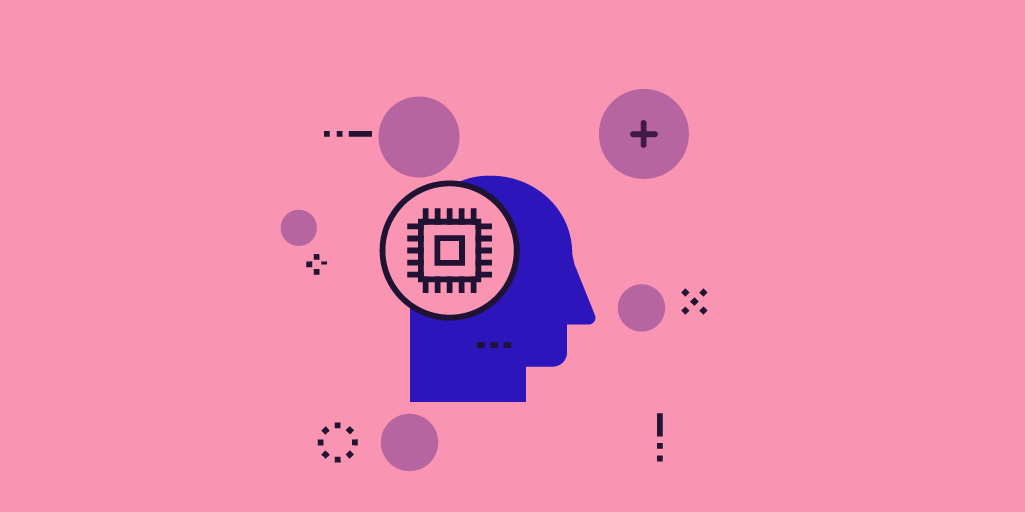Integrating Intellectual Property Considerations in AI into Contract Drafting

This article was first published on ‘The Patent Lawyer’ and has been re-published with the author’s permission.
Insights from the World Commerce & Contracting Conference – September 2023.
Amidst engaging dialogues held at the World Commerce & Contracting (WCCC) conference in Melbourne this month, the potent impact of Artificial Intelligence (AI) implementation has emerged as a compelling subject of reflection and dialogue for the legal profession including Intellectual Property Lawyers.
As the legal and business landscapes continue to evolve, it becomes increasingly evident that Artificial Intelligence (AI) is not a fleeting trend, but an enduring and transformative force that could be compared to a fifth industrial revolution. This means that specialist IP lawyers need to be abreast of this technology including the ability to integrate considerations around Artificial intelligence and associated concerns with privacy, IP ownership, and confidential information.
Participating in a global challenge that used ChatGPT in contract negotiations run by the World Commerce and Contracting Organization, I discussed the results in conversations with President Tim Cummins and CEO Sally Guyer in a panel discussion at the conference. In their report, it was found that the team that used AI platforms in contractual negotiations outperformed those that did not. Reflecting upon the challenge, with respect to Intellectual Property, several key takeaways surfaced.
In the contractual context, it is crucial to define IP ownership explicitly. Agreements between sophisticated parties often detail ownership of existing and new materials. AI introduces a new layer of complexity, as AI-generated works might fall outside copyright, trademark or patent protection, posing risks for contractual agreements.
To mitigate AI-related IP risks, parties can consider:
- Clearly specifying ownership of copyright, trademarks, design, or patent material in contracts;
- Defining ownership of AI-generated IP-like material;
- Allocating AI-related risks through insurance clauses or other mechanisms.
- Ensuring the confidentiality of AI technology use;
- Expanding contractual clauses to address AI-generated content not covered by traditional IP;
- Patenting AI algorithms or generated content is another option, albeit with cost and eligibility challenges.
As AI technology becomes more widespread, the protection of AI-generated work in contractual agreements will become a growing concern. The potential need for legal reform and the establishment of clear contractual terms will be vital to navigate the evolving landscape of AI and IP rights.
In my opinion, a sweeping transformation akin to a Fifth Industrial Revolution looms on the horizon, encapsulating industries, supply chains, and roles within its transformative tide. The protection of Intellectual Property will require a specific focus in this new digital age.
This article, written by Gareth Benson, was originally published by The Patent Lawyer.
Gareth will be joining The Faculty Roundtable Program on 16th April for a masterclass on the challenges posed by artificial intelligence (AI) integration, in contemporary business landscapes. If you’re a Roundtable member, you can register for the masterclass here.